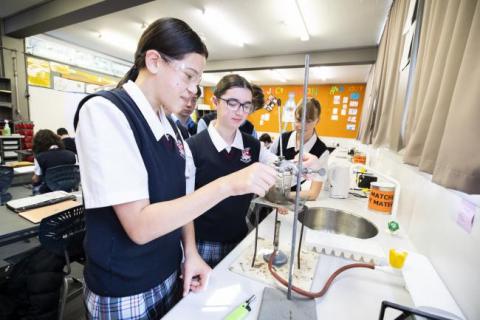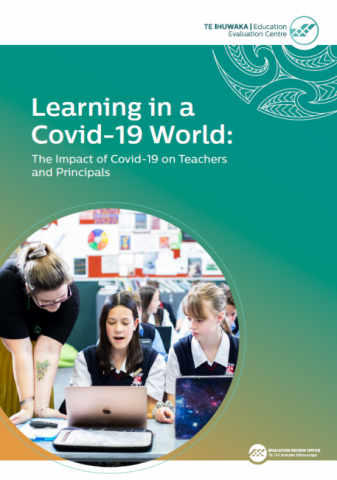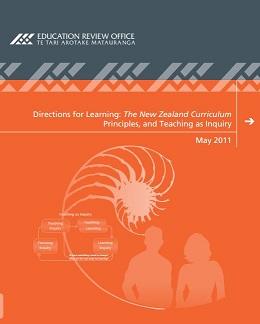ERO Insights – Issue 3 2020
Published: 10 Dec 2020
Insights Newsletter from Nicholas Pole, Te Tumu Whakarae mō te Arotake Mātauranga | Chief Executive and Chief Review Officer
- Audience:
- Academics
- Early learning
- Education
- Māori-medium
- Parents
- Schools
- Content type:
- News article
- Topics:
- COVID-19
- Te reo Māori












